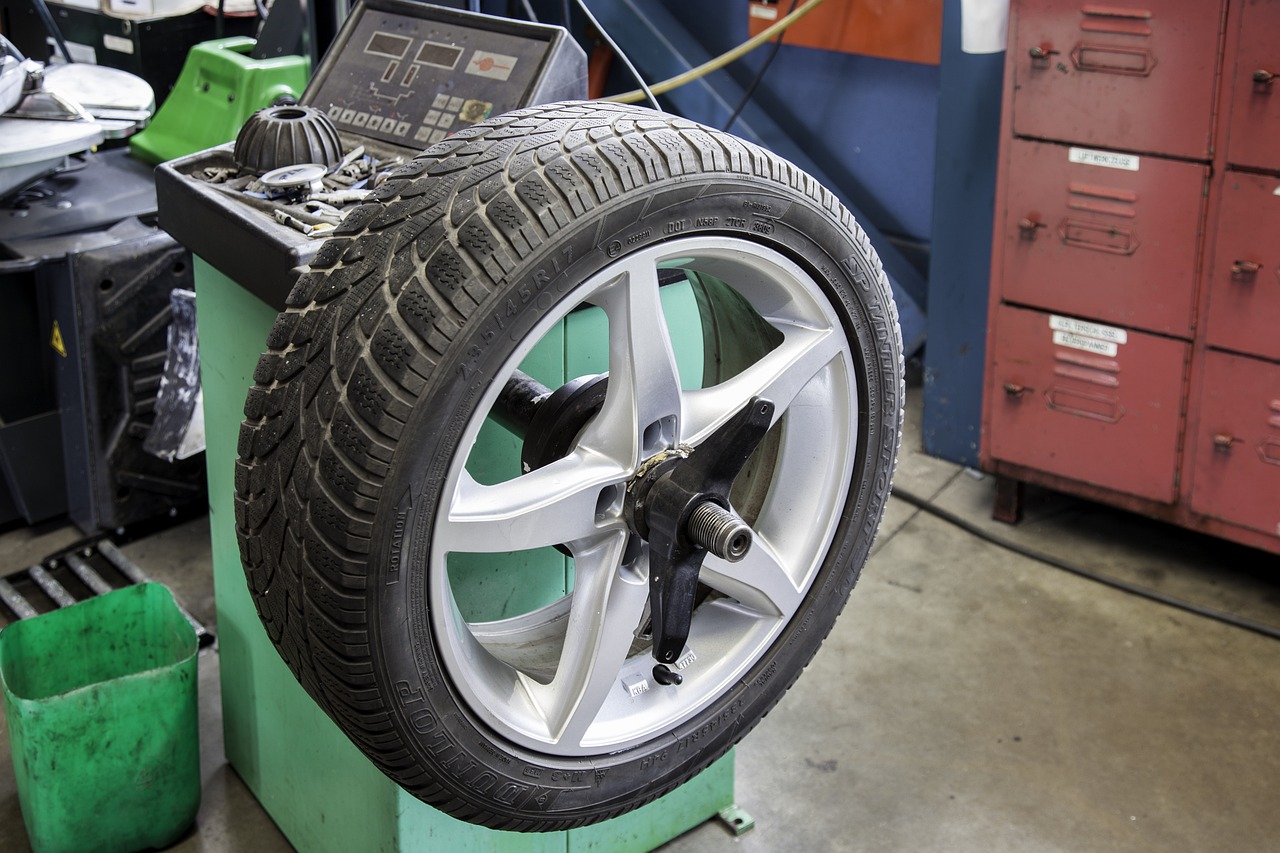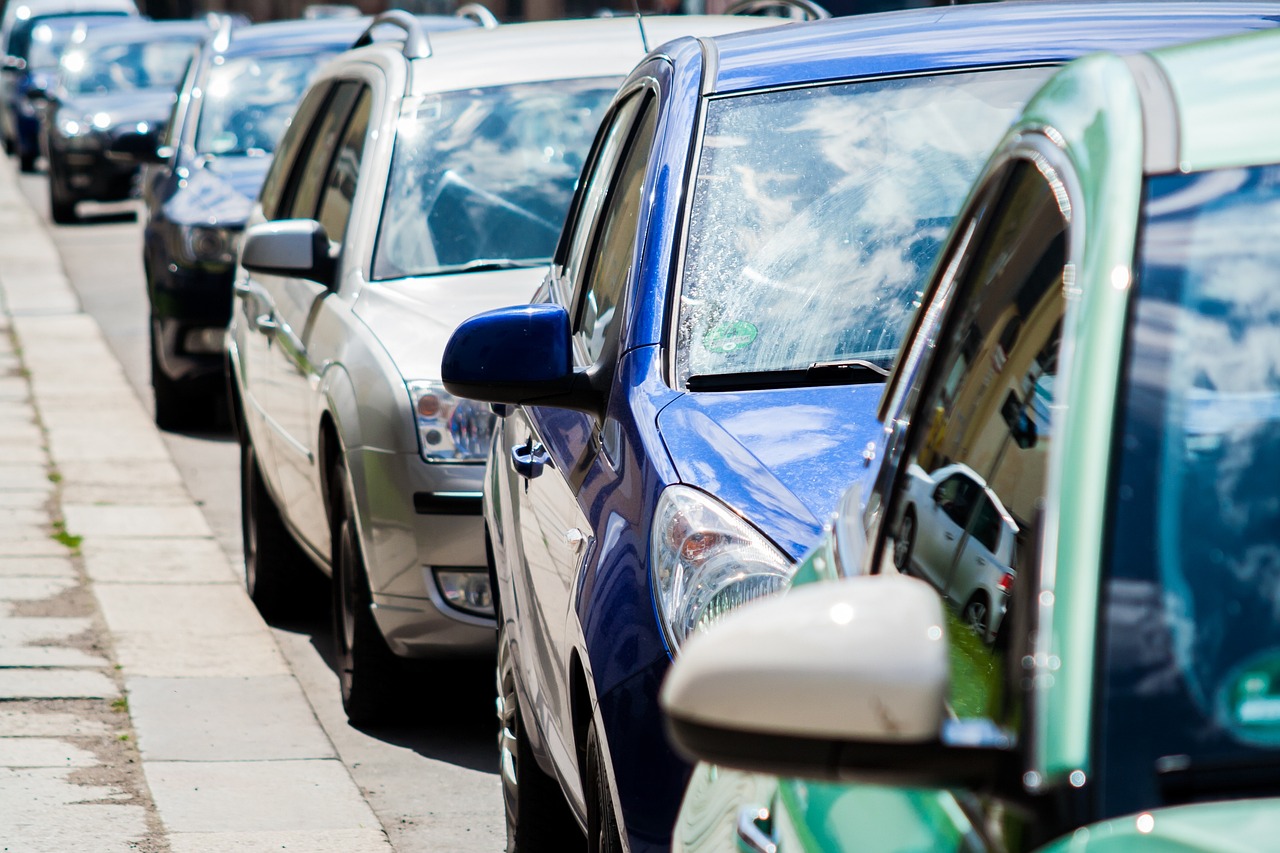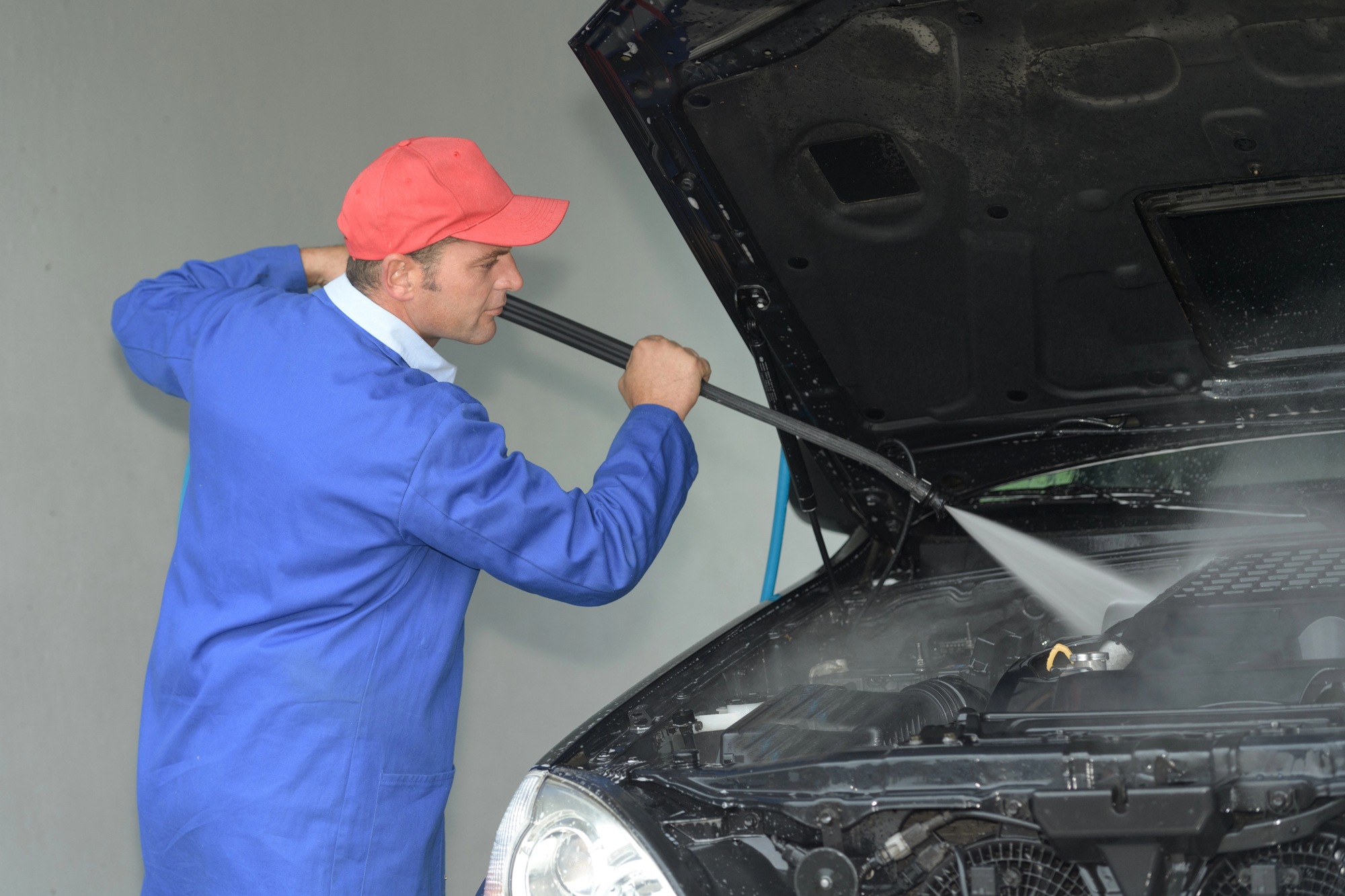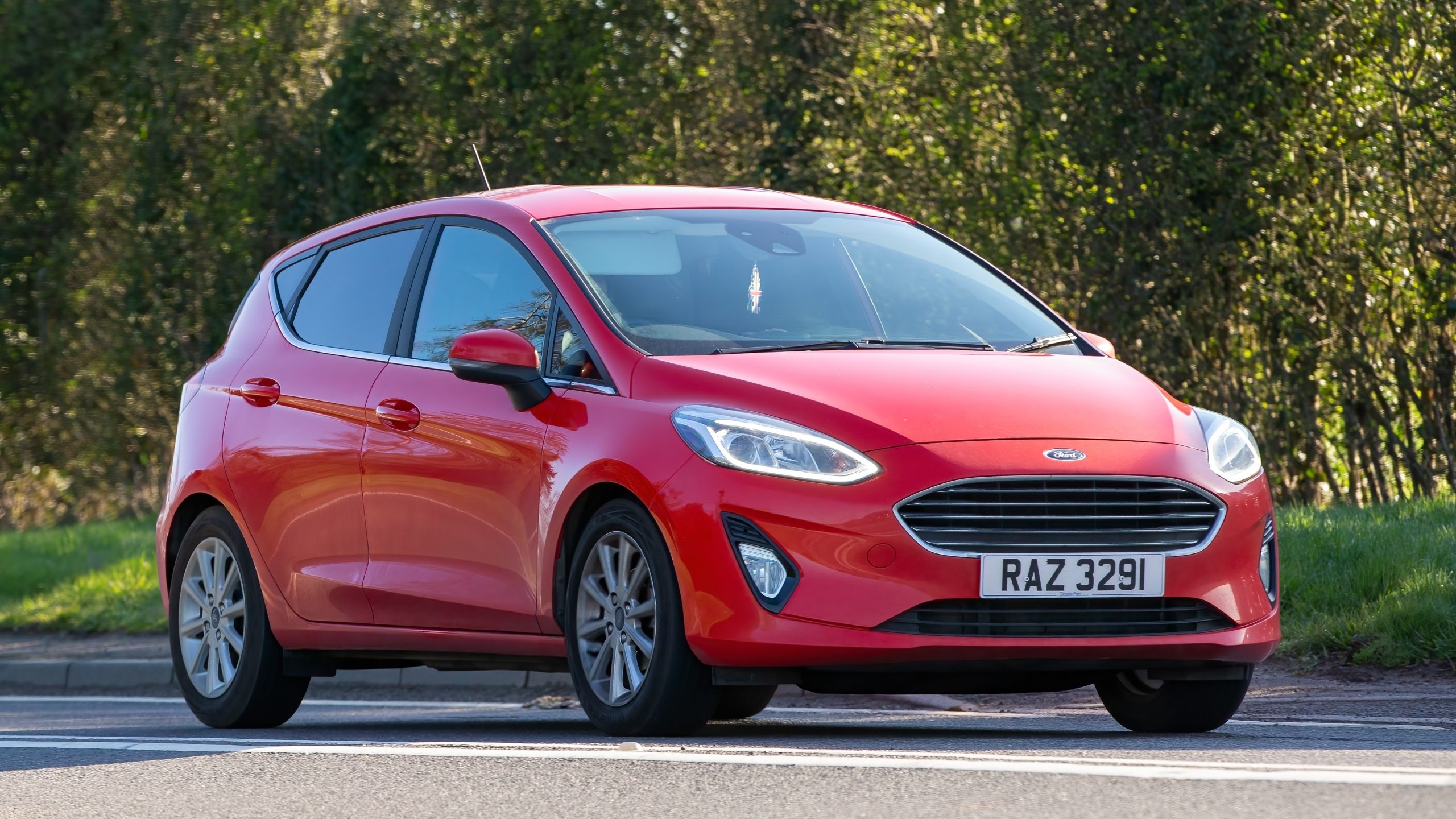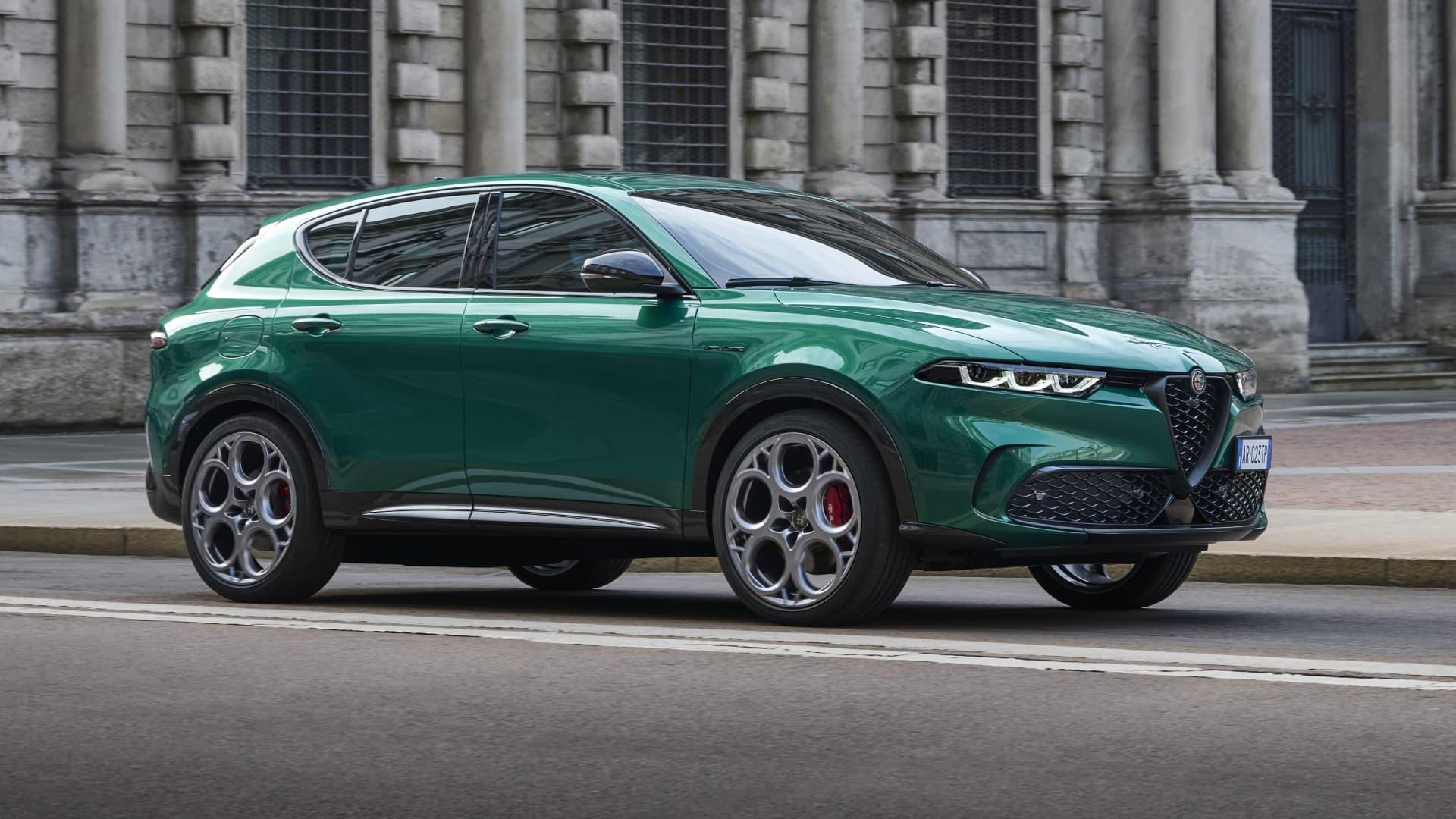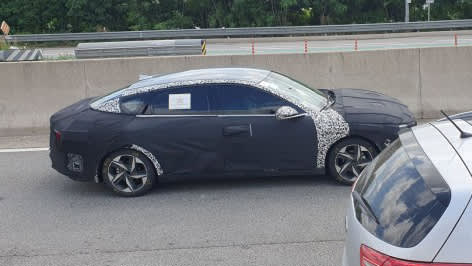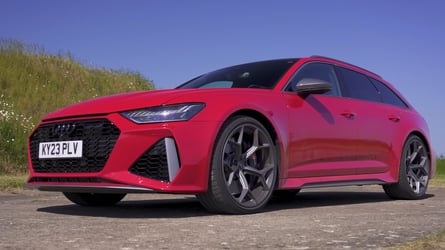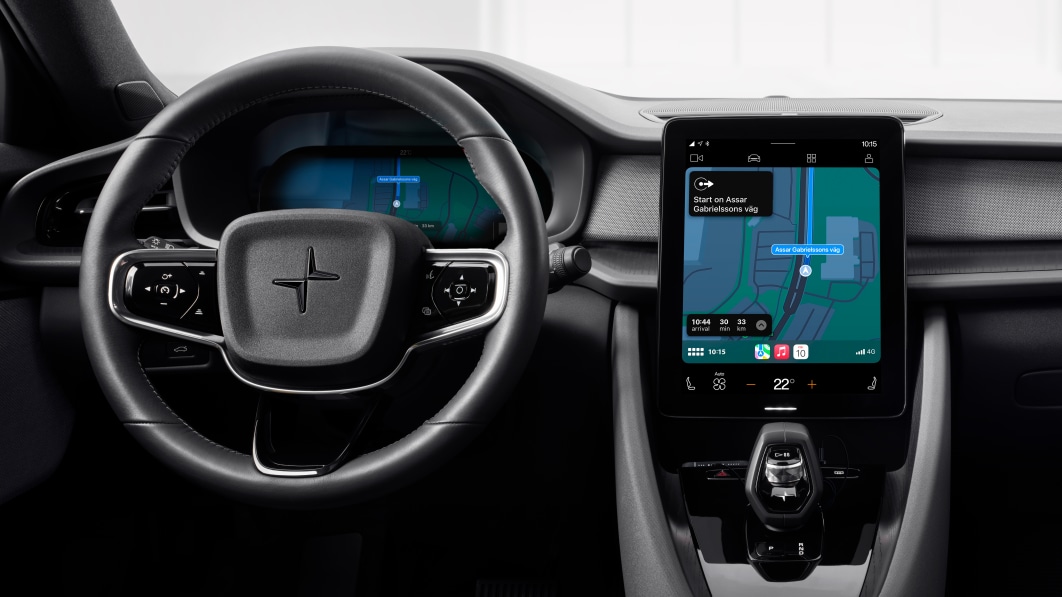Tesla dealerships disconnecting radar sensors in the US – report
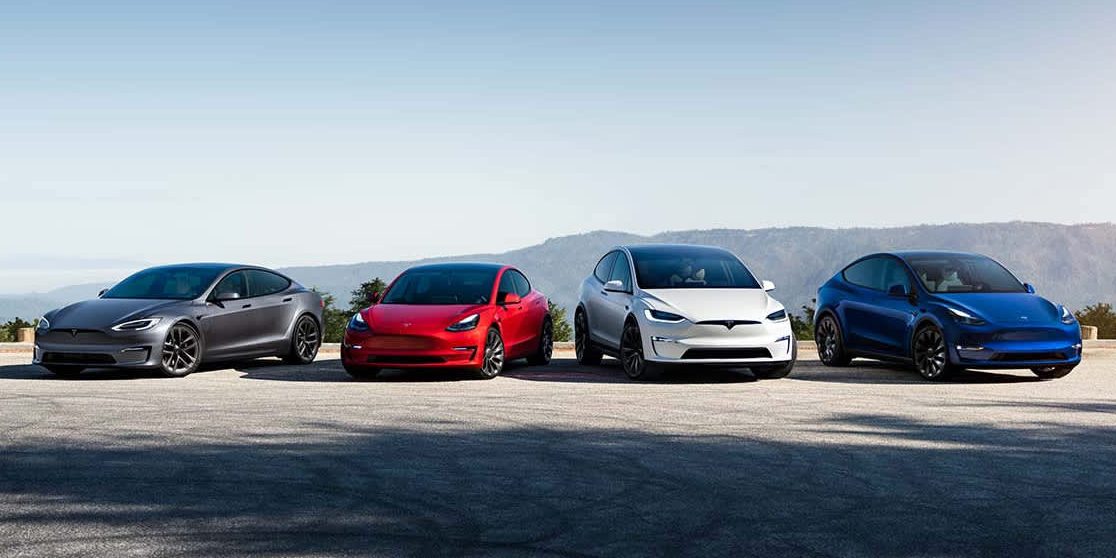
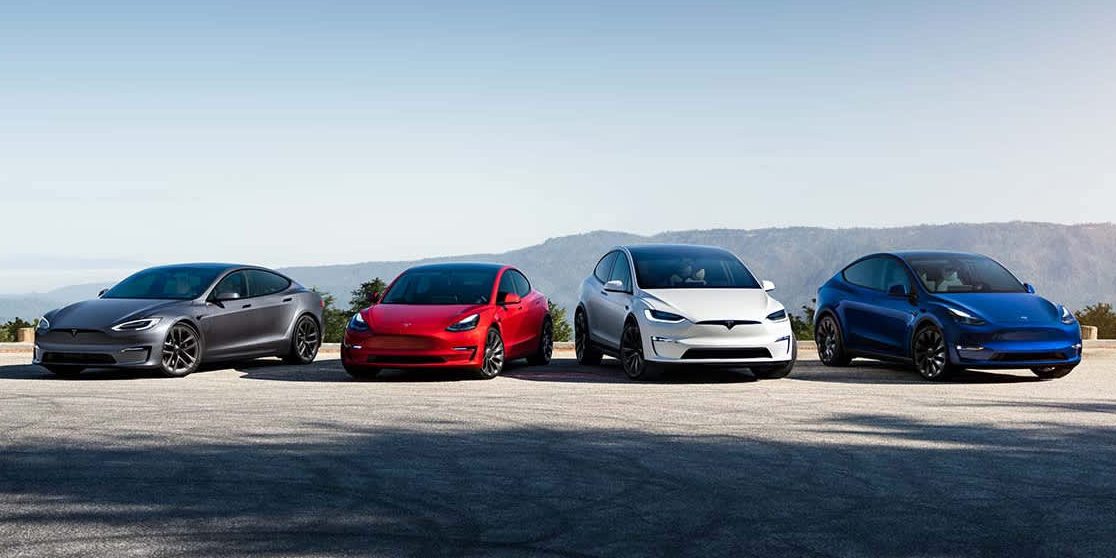
US electric-car giant Tesla is reportedly disconnecting its traditional radar sensors while servicing existing models – forcing its semi-autonomous driving technology to rely on its camera-based systems.
Tesla has reportedly started to disconnect the radar sensors which controlled its electric vehicle’s semi-autonomous driving systems while servicing customer cars in the US, as it continues to push camera-based technology as a more viable alternative.
US publication The Drive reports owners of Teslas equipped with both systems have recently claimed technicians are physically disconnecting the radar sensors during scheduled services, forcing the electric-car’s semi-autonomous driving technology to rely solely on the cameras.
Approved technicians must be granted permission by the car’s owner to remove the radar sensors, though The Drive reports the procedure is not clearly marked out on Tesla’s pre-service job sheets.
In May 2021, Tesla began to move away from traditional radar sensors in its volume-selling Model 3 sedan and Model Y SUV in the US, instead adopting a camera-based system – marketed as ‘Tesla Vision’.
MORE: Elon Musk overruled Tesla engineers on removing high-tech radars
The facelifted Model S and Model X were fitted with the latter system from February 2022, though all four electric cars continued to be produced with both radar sensors and the camera technology for an unknown period of time.
While Tesla was expected to backflip on its decision to ditch radar sensors from its cars in January 2023, it now appears the electric-car giant has doubled down on its belief that camera-based technology is the way forward following claims from US owners.
During vehicle servicing, the radar sensor is unplugged from the car’s wiring harness, with a plastic cap placed over the plugs to prevent water and dust from affecting the exposed connections.
According to users of the Tesla Motors Club fan forum, Tesla is obliged to not disconnect the radar sensors if requested by an owner, though one customer was told their system has not been used in months, due to a software update which all but disabled the radar technology.
The forum user also claimed they were told the radar sensors had been “draining the battery without being useful”, while The Drive cited previous electronic failures which had been attributed to water getting into the sensor’s wiring as a possible reason for the removal.
Tesla’s disconnected radar sensors (Image credit: Tesla Motors Club)
Tesla’s camera-based technology has been fitted to all Australian-delivered Model 3s and Model Ys built in China from June 2022, though no local customers have yet reported instances of radar sensors being disconnected from earlier vehicles when being serviced.
Tesla’s move towards camera-based systems drew criticism from owners as it could only be used at up to 85mph (137km/h) – the highest posted speed limit in the US – while the minimum distance to a preceding car was increased from approximately one car-length to two.
In 2021, Tesla CEO Elon Musk made bold claims regarding the capabilities of the camera-based system, saying it could be safer than a person.
“There’s no question in my mind that with a pure vision solution, we can make a car that is dramatically safer than the average person,” Mr Musk told Tesla investors in a quarterly earnings call.
“When your vision works, it works better than the best human because it’s like having eight cameras, it’s like having eyes in the back of your head, beside your head, and has three eyes of different focal distances looking forward. This is — and processing it at a speed that is superhuman.”
However, more than 416,000 Tesla vehicles equipped with the camera-only system have been investigated by US safety regulators, which focused on claims of ‘phantom braking’ from owners who reported their cars unexpectedly slamming the brakes, having perceived a non-existent obstacle ahead.
The post Tesla dealerships disconnecting radar sensors in the US – report appeared first on Drive.

